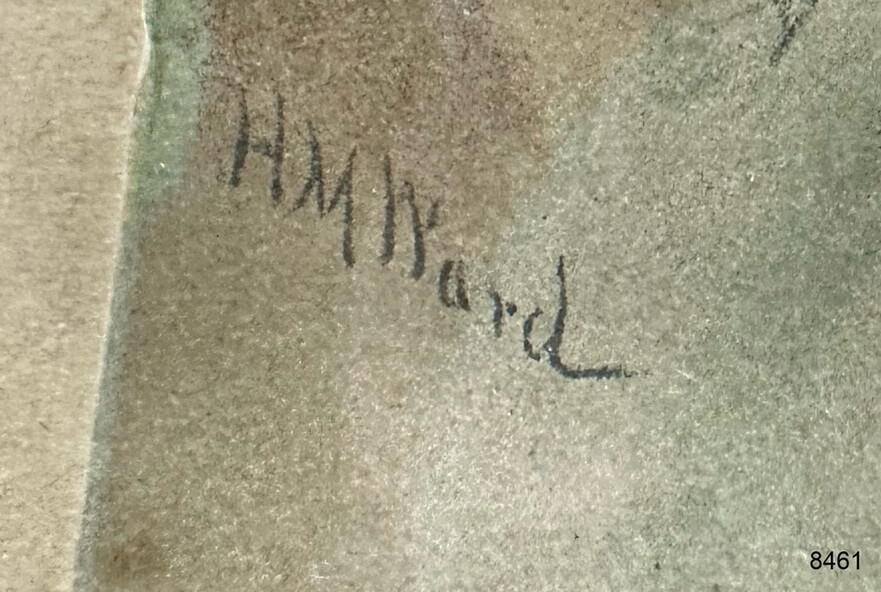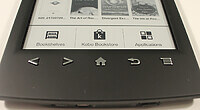
Even though the “indie author revolution” and self-publishing as a valid form of content distribution are currently enjoying a never-before-seen rate of success and acceptance, the landscape itself is still evolving as players from every aspect of the industry still work through the system. Of course, as the publishing industry itself evolves and new forms of expression and distribution become more commonplace, there are bound to be new waters to navigate.
One bestselling indie author, HM Ward, sat down with Good e-Reader and explained one area of that evolving realm, one that involves different experts in the industry: literary agents as they relate to highly successful self-published authors.
“I think agents are in a strange position when it comes to working with indies. Their job is to sell rights. That’s it. They sell the book. But indies, at least many, and those in my position, have already decided that in most cases the rights are far more valuable to keep. Where does that leave them [agents]? They don’t want to hurt their authors. But at the same time, my agent is having to turn down six-figure deals because I know that they’re not in my best interest. Are they in an agent’s best interest? That’s a complicated question – at the very least it’s no longer a direct relationship. Sales doesn’t always equal good.”
Agents have traditionally been the first stepping stone to breaking through the legendary “gate” that surrounded traditional publishing. But as authors have learned to become successful on their own terms, with a number of high-profile authors skipping over the agent step and going straight to a publisher after some measure of success, agents have had to adapt or be left behind as a relic of a bygone era.
“Some agents are making the transition better than others. Some have recognized the shifting ground and tried to seek out firmer footing. But how are they to do it? I had an agent offer simple services – and their ‘expertise’ in publishing – for a percentage of my lifetime sales. Do agents really have a better grasp of indie publishing than those of us doing it? Of course not. Is it worth tremendous sums of money for me to have an agent upload an epub? Of course not. (That agent doesn’t work with me.)”
While some agents who’ve attempted to work with indie authors have been accused of being nothing more than scam artists who take a lifetime 15% of sales only to push the book through to Kindle, there are agents who are working in different areas of publishing on behalf of their clients, with everything from negotiating foreign rights and translation to putting the manuscripts in front of Hollywood producers. There are still roles for agents, but they’re shifting as fast as the self-publishing industry can force them.
“My current agent is an awesome person. But we’re still navigating the changing relationship. If foreign presses want to buy rights direct from me, where does she fit in? If a publisher won’t offer what a book is worth, how does she pay her bills? At the same time, I like her, I trust her, and innovative agents have the potential to transform the industry – just as indie authors are.”
Mercy Pilkington is a Senior Editor for Good e-Reader. She is also the CEO and founder of a hybrid publishing and consulting company.
